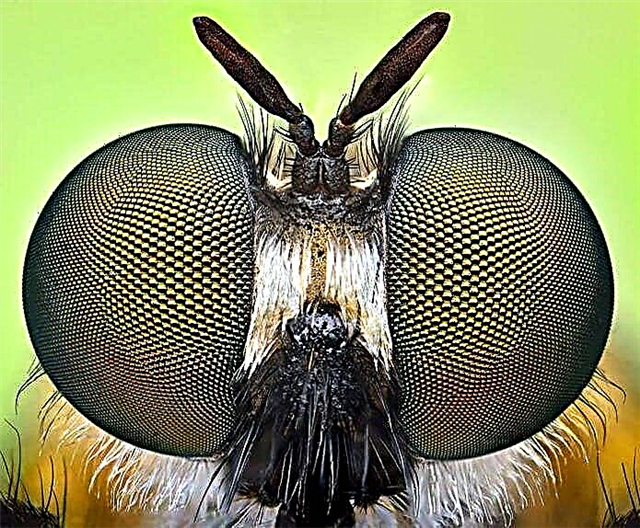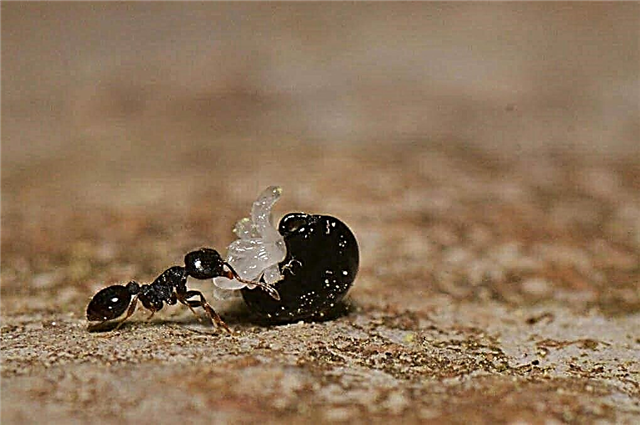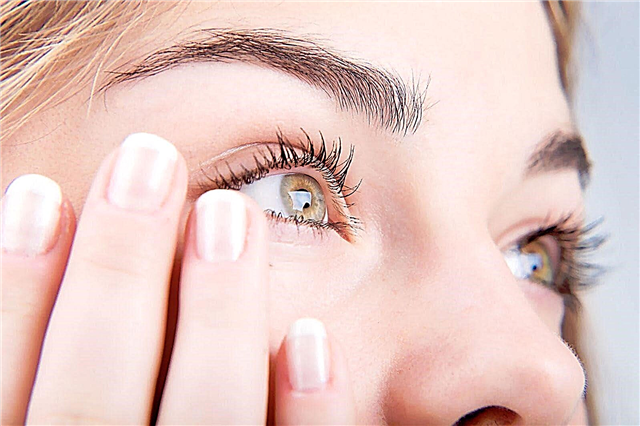
About 20 percent of people like mosquitoes to bite more than others, ”said Professor Jonathan Day, a medical entomologist at the University of Florida who has been studying mosquitoes for over 10 years. Female mosquitoes need our blood to get the proteins necessary for the development of eggs (and not because they are hungry), and, obviously, the blood of some of the chosen ones tastes better for them. Why? Science provides an exhaustive answer to this question.
Blood type
In one study, scientists found that mosquitoes almost twice as often sit on the skin of people with blood group 0 (I) than on owners of group A (II). The owners of group B (III) were in the middle between 0 and A. There is another criterion that may be crucial for the female mosquito. About 85 percent of people send a chemical signal through the skin, showing their blood type. The remaining 15 percent do not disclose this information in this way.
Clothing
Although this may seem strange, mosquitoes looking for victims at the height of the day are mostly guided by visual cues. They pay attention to people dressed in dark colors: black, navy blue or red. In addition, they respond to movement.
Breath
As soon as the mosquito sees us, it follows the prompts of aroma, and can also locate the victim only by smell - he is attracted to the carbon dioxide that we exhale. They feel it at a distance of 50 meters! Therefore, people who exhale more of this gas are more vulnerable to bites, especially for taller and obese people. Because of this, adults bite more often than children. People with a faster metabolism also emit more carbon dioxide.
Pregnancy
According to researchers, pregnant women attract twice as many mosquitoes than ordinary people! Cause? Pregnant women exhale 21 percent more carbon dioxidethan many of us, as well as body temperature higher by about 0.5 degrees C. This is enough to become a bait for mosquitoes.
Body temperature
Elevated body temperature is another important factor that attracts these unbearable insects. And this applies not only to pregnant women or people with high fever, but also to those involved in sports (this increases metabolism and heat transfer). Therefore, if you have a desire to run through a park or forest, you should take this into account.
The smell of sweat
Mosquitoes also react to chemicals produced by our body. They are especially attracted to a mixture of lactic acid, ammonia and other compounds present in human sweat. Most sweating are those who play sports or work physically, as well as overweight people.
Genes
The composition of our sweat is individually regulated by genetic factors, and it is they who can largely decide whether we will become “pets” for a mosquito. There are many elements that influence a person’s attractiveness for mosquitoes, and as many as 85 percent of them have a genetic basis.
They are more likely to bite people with high levels of steroids and cholesterol on the surface of the skin (but not necessarily those with higher total cholesterol). Researchers are now figuring out which genes might be responsible for attracting mosquitoes to us. The experiment is to test how insects react to sweaty socks belonging to lonely and twins. Based on this, they want to choose substances and key genes.
Alcohol
One study found that drinking alcohol makes us more attractive to mosquitoes. The reason for this is not clear - it is not the ethanol content of sweat or fever. However, if you want to avoid being bitten, you should do without beer during a garden party.
Bacteria
For mosquitoes, some bacteria that inhabit the surface of our body are also attractive. Studies have shown that the skin for mosquitoes is more attractive where bacteria belonging to several species live than the one on which a wide variety of species lives. It should also be emphasized that these insects love an environment where there are a lot of bacteria - the more the better. Perhaps that is why they often attack the ankles and feet, where there are usually a lot of germs.
Women
Mosquitoes are also attracted to estradiol, a female hormone from the estrogen group. Are women more attracted to insects than men? Professor Jonathan Day of the University of Florida believes that this action is offset by more body weight in men and the fact that they emit more carbon dioxide.However, women with elevated estradiol levels should be more likely to attract mosquitoes.












